## Level Up Your Thinking: Why Running a Country Like a Business is a Game Over
Elon Musk, the name synonymous with innovation, disruption, and… let’s be honest, some pretty wild tweets. Recently, he’s been dropping bombshells about how governments should be run like businesses, and let’s just say, the gaming community isn’t exactly cheering.
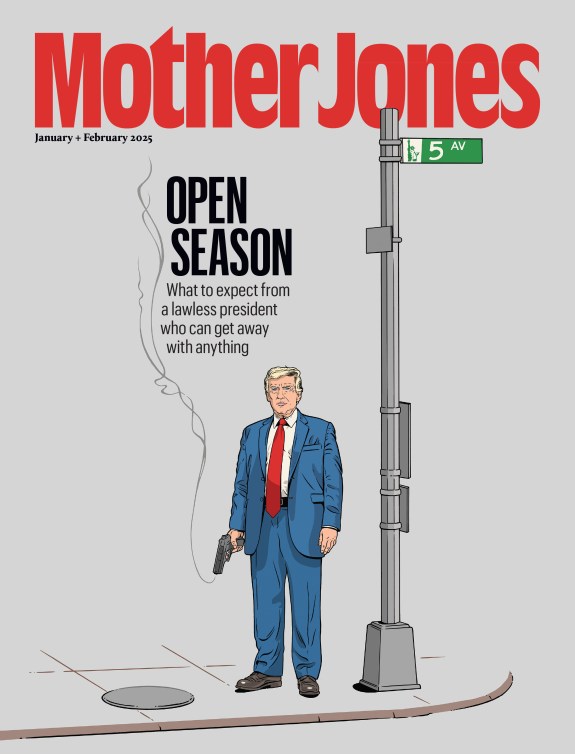
Mother Jones, those investigative journalism overlords, have weighed in with a scathing takedown of Musk’s idea, and it’s a read that’ll make you question everything you thought you knew about the real world.
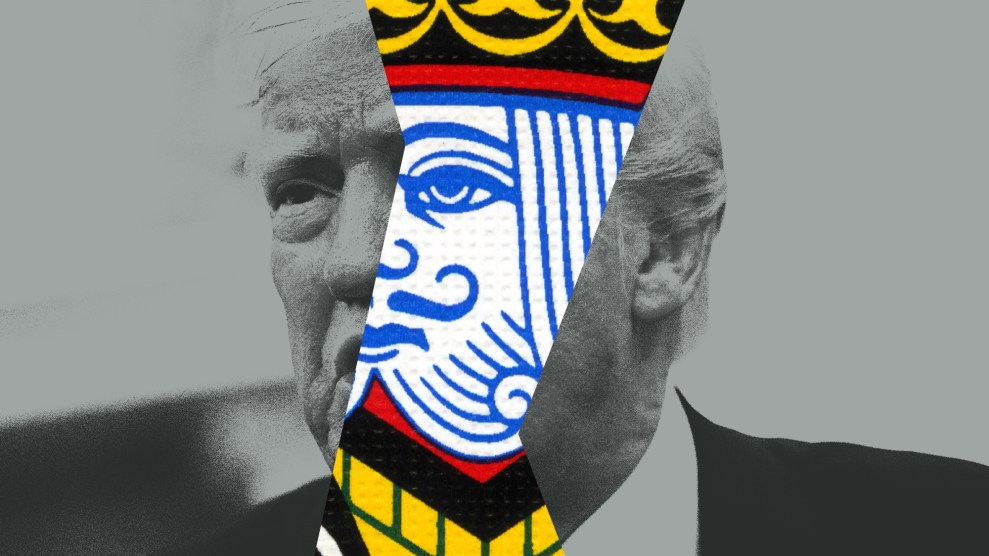
From optimizing for profit to the dangers of “market solutions” for social issues, we’re diving deep into this controversial debate. Buckle up, gamers, because this isn’t your average quest for power-ups. This is a fight for the very soul of our communities.
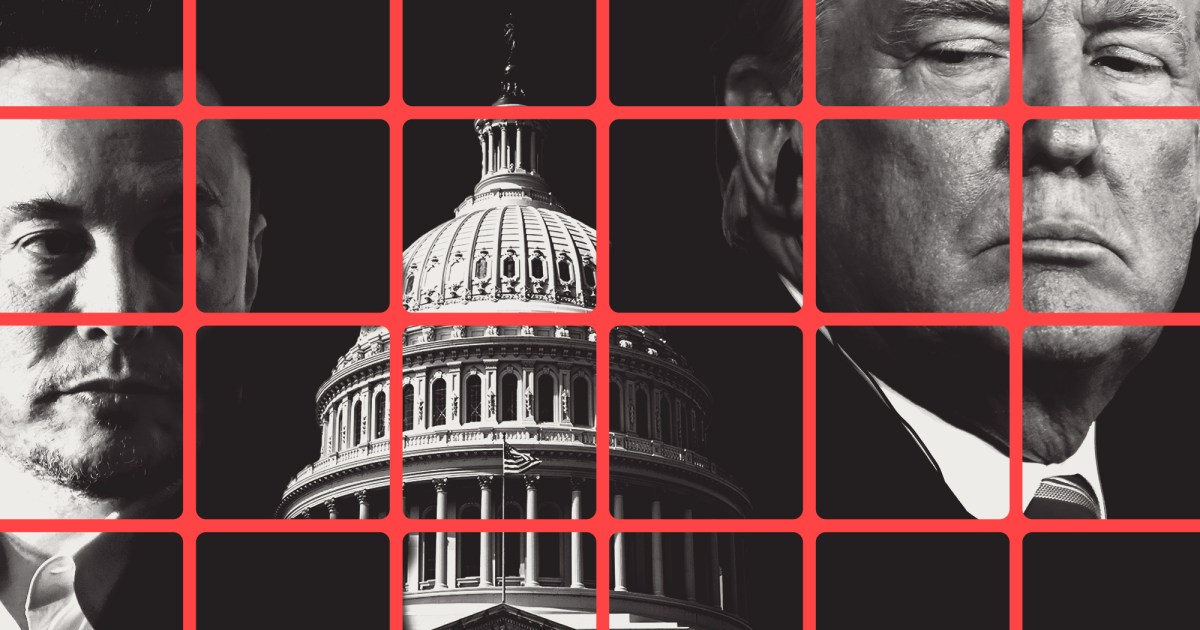
Free Speech Fallout
Elon Musk’s vision of a government run like a business poses a significant threat to free speech within gaming communities. His history of platform moderation policies on Twitter, often criticized for being overly aggressive and susceptible to manipulation, raises concerns about the potential for similar practices to be implemented in a broader governmental context.
Gamers rely on open and diverse platforms to express themselves creatively, share ideas, and engage in passionate debates about their favorite games. Musk’s approach to content moderation, which has been accused of silencing dissenting voices and stifling critical discourse, could have a chilling effect on this vital aspect of gaming culture.
Imagine a future where game developers face restrictions on expressing controversial themes or viewpoints in their games, fearing potential backlash from a government beholden to corporate interests. This could lead to a homogenization of gaming experiences, where creativity and innovation are stifled in an effort to appease the whims of a powerful few.

Monopolization of Play
Musk’s dominance in tech, through companies like Tesla, SpaceX, and his acquisition of Twitter, raises serious concerns about the potential for monopolization in the gaming market. His influence could extend to game development tools, distribution platforms, and even the very content that gamers access, ultimately limiting consumer choice and innovation.
Consider the implications for independent game developers. A Musk-led government could favor his own ventures, creating an uneven playing field where smaller studios struggle to compete. This could lead to a decline in the diversity and quality of games available to players, as the market becomes dominated by a handful of corporate giants.
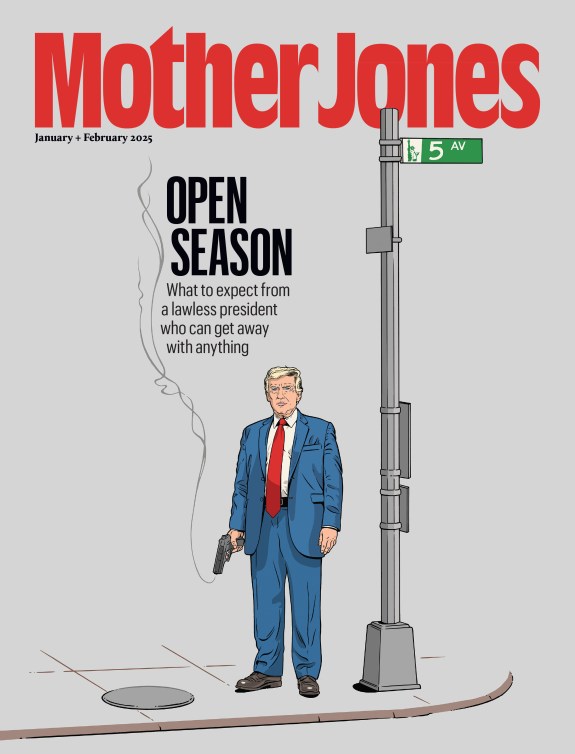
Labor Exploitation
Musk’s reputation for demanding long hours and pushing his employees to the limit raises concerns about the potential for unsustainable working conditions within the gaming industry under his leadership. A government that prioritizes profit over worker well-being could result in exploitation and burnout, jeopardizing the creativity and passion that fuel the industry.
Imagine a future where game developers are forced to work excessive hours, sacrificing their health and personal lives in the pursuit of profit. This could lead to a decline in the quality of games, as developers are pressured to churn out content at a breakneck pace, compromising their artistic vision and integrity.
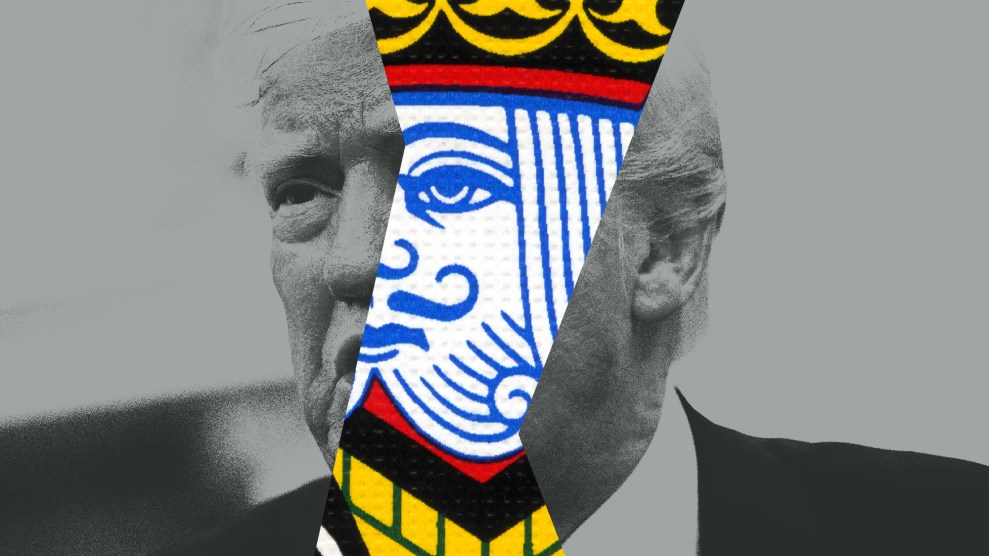
Resisting the Corporate Overlord
Power to the Players
Gamers have the power to resist Musk’s vision of a government run like a business. Collective action, through online organizing, protests, and boycotts, can send a clear message that we demand a government that prioritizes the well-being of its citizens, including gamers.
Gamers have a history of mobilizing around issues that matter to them. From fighting for fair pricing practices to advocating for greater diversity and inclusion in game development, the gaming community has proven its ability to make its voice heard.
Demanding Democratic Values
It’s crucial to demand that government, even in a tech-driven world, upholds democratic values such as transparency, accountability, and respect for individual rights. A government run like a business risks eroding these fundamental principles, leaving citizens vulnerable to corporate influence and unchecked power.
Gamers should advocate for policies that ensure government transparency and accountability, such as open data initiatives, robust public oversight, and strong whistleblower protections. We must resist any attempts to silence dissent or limit access to information.
Supporting Ethical Development
Gamers can support game studios that prioritize ethical development practices, such as fair wages, reasonable working hours, and a commitment to diversity and inclusion. By choosing to support these studios, gamers can send a powerful message that they value ethical and sustainable practices within the gaming industry.
Gamers can also support organizations that advocate for fair labor practices and ethical game development, contributing to a more equitable and sustainable gaming ecosystem.
Conclusion
So, should government be run like a business? Mother Jones makes a compelling case against it, arguing that this simplistic analogy ignores the fundamental differences between the two. Governments exist to serve the common good, not to maximize profits. They are entrusted with providing essential services, protecting citizens’ rights, and ensuring a fair and just society. While some aspects of government, like budgeting and efficiency, can benefit from business-like approaches, equating the two entirely overlooks the ethical and social complexities inherent in governing a nation.
The implications of this mindset are far-reaching. If we prioritize profit over people, we risk sacrificing vital social safety nets, public education, and healthcare in the name of economic growth. We also risk concentrating power in the hands of the few, as corporations and wealthy individuals gain undue influence over policy decisions. This isn’t just an abstract debate – it’s about the kind of society we want to build. Do we want a world where the pursuit of profit trumps the needs of the many, or a world where government serves as a force for equality and progress? The answer, as Mother Jones so eloquently argues, should be clear: government is not a business, and treating it as such poses a significant threat to our collective well-being.
Let’s not allow the language of business to erode the values that make a truly just and equitable society possible.